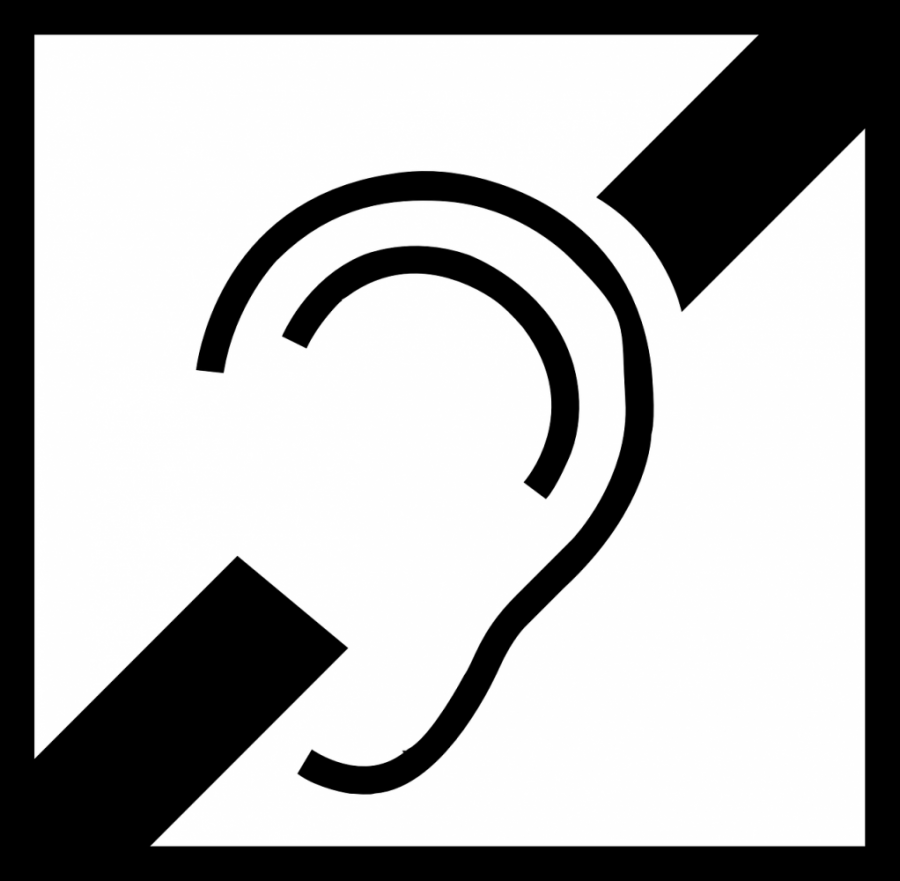Professor Jan Blustein settled into conference room 3066 of the Puck Building on a Tuesday afternoon to lead a conversation, guided by her own research, around improvements regarding accessibility and awareness for the hearing impaired. To the participants gathered in-person, over video chat and via live-stream, she asked why older patients with hearing impairments refuse to wear hearing aids.
The opening question to the intimate event on Feb. 18 sparked discussion about the health and public administration barriers — including cost, lack of awareness and even shame — facing people with disabilities. There are currently 48 million people in America and nearly 477 million worldwide who live with hearing loss according to the Hearing Health Foundation.
On the panel, hosted by the Wagner Graduate School of Public Service, Professor Blustein shared that focusing her research on hearing impairment was motivated by her own hearing loss from a young age. Bluestein’s interest began when she joined an organization called the Hearing Loss Association of America where she met other people with hearing impairments.
“I did not have to apologize for the fact that I could not hear people, and I did not have to explain things which is really a great feeling,” Blustein said. “I came back thinking how can I integrate this with my work?”
Connecting with the Hearing Loss Association of America made her realize the severity of poor communication between patients and health care providers, which became a focus of her research.
She also looked at how this issue becomes more complicated when the relationship between patient and caretaker is blocked by a language barrier.
Professor Blustein and her team shared their findings on language access for patients in a recent publication urging the medical community to take hearing loss seriously. The research was published in The Joint Commission journal, an organization aimed at improving patient safety in health care.
“Communicating effectively with people with hearing loss is complex,” Blustein said. “As with LEP [Limited English Proficiency] language access, different patients have different needs. Recognizing a problem nearly two decades ago, The Joint Commission chose to focus on how to serve LEP patients.”
In response to a question about accommodations in public spheres for people with different needs, the conversation turned to the importance of broadening understanding and discussion about disabilities as well as the growing expansion of NYU’s Center for Disabilities.
Currently, NYU does not offer Disabilities Studies as a major. However, Steinhardt provides students with a 16-credit part-time or full-time minor in disabilities studies.
Most American universities only offer Disability Studies as a minor or an interdisciplinary studies degree, but recently there has been an increase in the expansion of Disability Studies across some universities such as the University of Maine and the University of Georgia.
Wagner first-year Lisibeth Payano said she has been interested in Disability Studies and looks forward to being able to take a class in the field.
“I would like to take a Disability Studies class. I have not yet because it is offered when I already have class or in January,” Payano said. “I wish it was offered as a big course here at the graduate center [Wagner].”
Email Aarushi Sharma at [email protected]


























































































































































